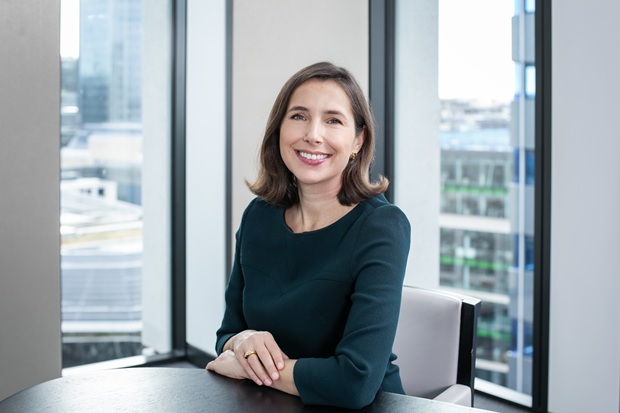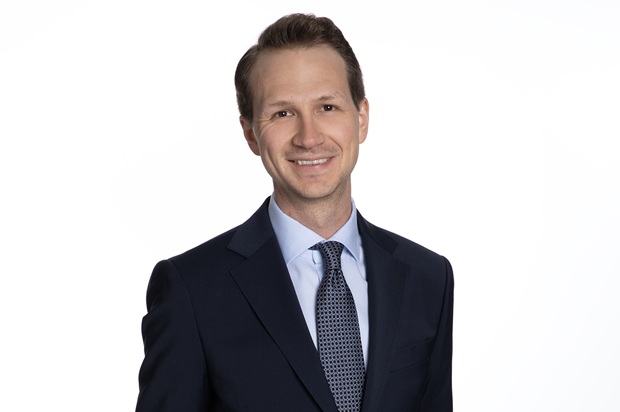
An academic take on family offices
Erik Wetter, assistant professor at the Center for Family Enterprise at the Stockholm School of Economics, discusses the family office landscape in the Nordics, untraditional asset allocation approaches and difficulties in getting access to data.
In March last year, the Center for Family Enterprise at the Stockholm School of Economics published its “Family Office Insights report”, outlining the background, current state and development of family offices and family investment companies across the Nordic region.
”There have, of course, been business families as owners for a long time, but it’s not been called family offices and it’s not been structured in that way,” says Erik Wetter, assistant professor at the Center for Family Enterprise at the Stockholm School of Economics (SSE). He adds that a news search of the term ‘family office’ will not find many Nordic mentions from a few years back. “Today you have some companies branding themselves as family offices but maybe aren’t really and then you have families that are organized as a family office without branding it that way,” he says.
He notes that this is both a communication phenomenon but also for a more fundamental reason – that there are business families and private capital that act more as institutional investors today.
Erik Wetter observes that it is a big difference between the original family office concept in the US and what we are seeing in the Nordic region. “In the US, family offices were at last partly established for personal tax reasons and that’s not the case in the Nordics. Here, it tends to be much more about an actual business focused on asset management. The US heritage that’s closely connected to tax planning is one reason why some families in the Nordics don’t want to call themselves family offices,” he says.
The Center for Family Enterprise was launched in 2022 with a donation from SEB and is headed up by Mattias Nordqvist, who is the SEB Professor in Entrepreneurship and Family Business. The Center is also supported by five Nordic family offices, family enterprises and foundations: Salenia and HMP Foundation in Sweden, Ferd in Norway, Virala in Finland and Topsoe in Denmark.
Erik Wetter says that until the Stockholm School of Economics started the center, the only Swedish academic center focused on family businesses was at Jönköping University – naturally linked to the Gnosjö cluster of small businesses. “At SSE, we focus more on the larger family-owned businesses and more on the ownership and investment aspects. There’s of course a large difference between a small family-owned factory and a large family with several generations and up to 100 owners. There are other considerations that come into play,” he says.
Asked about how many family offices there are in the Nordic region, Erik Wetter says that there is probably no correct answer as there is a lack of clear definitions. He adds that the team at the center has also concluded that figuring this out is not something they should focus on – even if he recognises that the financial services industry is interested.
“I think one of the reasons for why the financial industry has a challenge when trying to reach out to family offices is that they’re in general very different from other institutional investors. The industry is trying to view them as a client segment, but based on our interviews, most family offices don’t view themselves in that way,” he says. He adds that business families are in general keen to learn from each other, but they don’t necessarily want to be similar to someone else.
Erik Wetter says that it is clear that each family have their own priorities and interests and that can sometimes be at odds with traditional financial academic truths. “Each family is unique and two different families with the same amount of assets can act very differently. I think if you would ask our academic colleagues who focus on financial economics, they would sometimes say that some of these families are doing things in the wrong way. But it’s not always about traditional financial models and how they do things are not always ‘rational’ from a financial academic perspective. However, if you take the established theories from entrepreneurship and family enterprise that we use when we look at family businesses, it makes more sense,” he says.
He adds: “If you use the term ‘family investment company’ and understand that the emphasis is on ‘family’ before ‘investment company’ you will better understand how they operate.”
He notes that while it is difficult to segment or cluster different family offices, some could be described as professional family offices in the sense that they are keen to model themselves on traditional institutional investors. These family offices will typically have a chief investment officer and an investment team and will have a more traditional asset allocation approach. Others could have very different priorities and might for example focus on a specific sector, because that is where they come from.
When asked about the biggest challenges when looking at this area from an academic point of view, Erik Wetter is quick to answer that it is about access to data. “These are private companies and most of them have no need to be public about what they’re doing. Many are very discrete. They are often willing to talk to us but prefer to stay out of the spotlight. There are, of course, exceptions and some family offices have a more public profile,” he says.
One current research project examines if there are patterns in how American family offices invest when they have sold a business. The question is whether they typically diversify their investments or concentrate investments in the area of their expertise. “I think it’s fair to say that many of these investors view risk differently from traditional financial theory. It’s not uncommon to focus on what’s in their DNA. If there is a long history in real estate, shipping or media, that’s what they will focus on, rather than classical financial diversification” he says.
Apart from starting a family office to manage the assets that may come from excess liquidity of an existing operational business or assets from a liquidation event, there are also other considerations among many families. “We’ve written about what we describe as a family office as a succession platform. This is where you have a family with several generations and where the next generation are not that interested in the original business, regardless of what that is. Then, the family office can act as a common platform for ownership of the original business but also as a platform for doing other things,” Erik Wetter says.
He adds that this of course makes sense because ownership and governance work require other competencies compared to operational competencies for a specific industry. “You can be an excellent owner without being the best manager in a legacy operational business,” Erik Wetter concludes.



